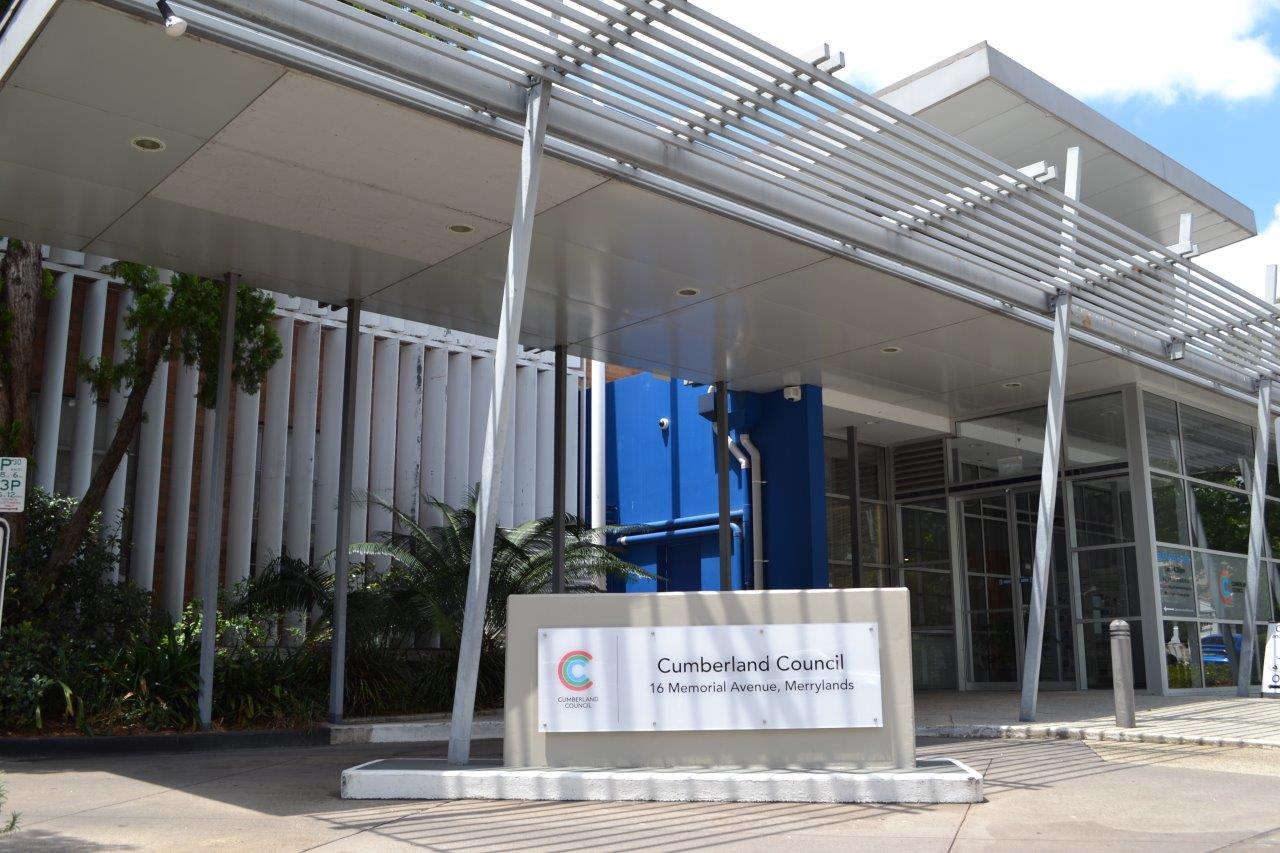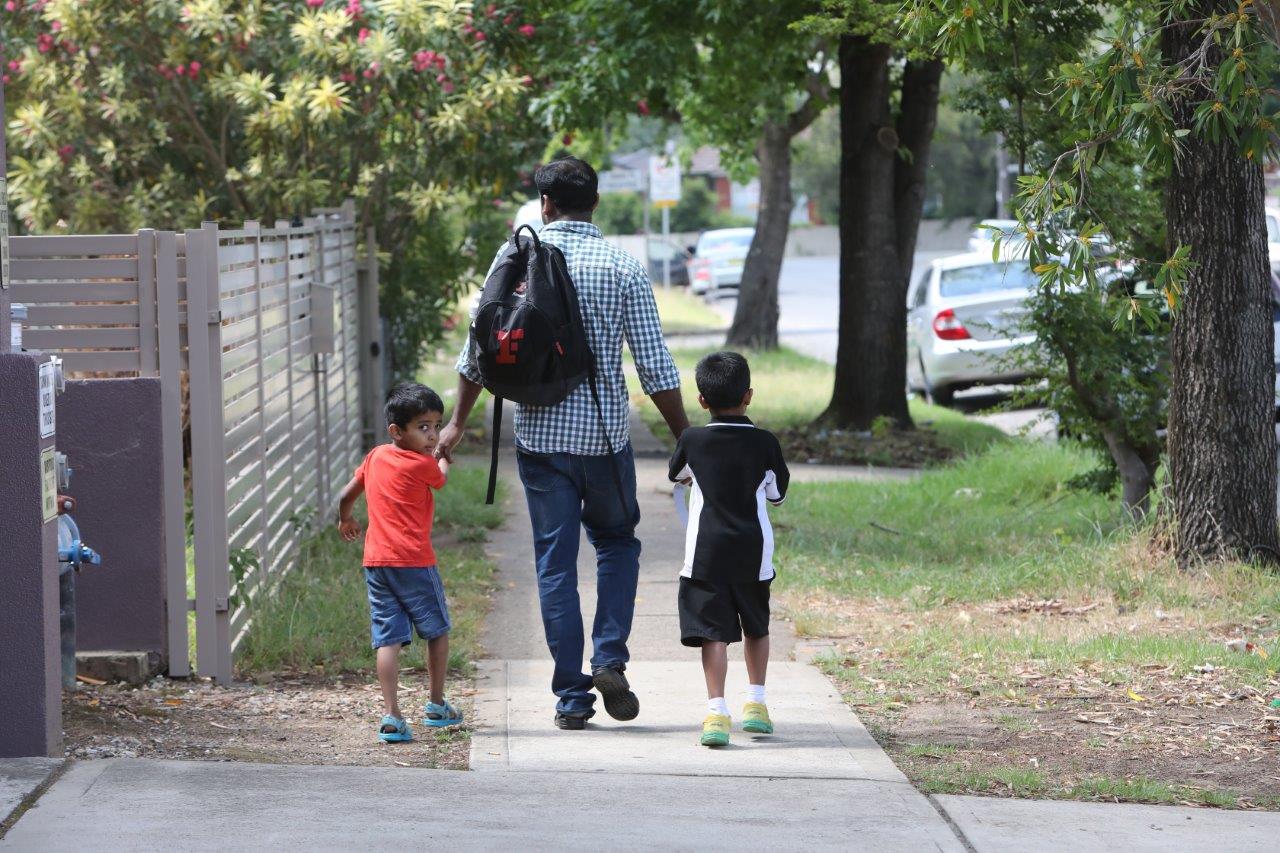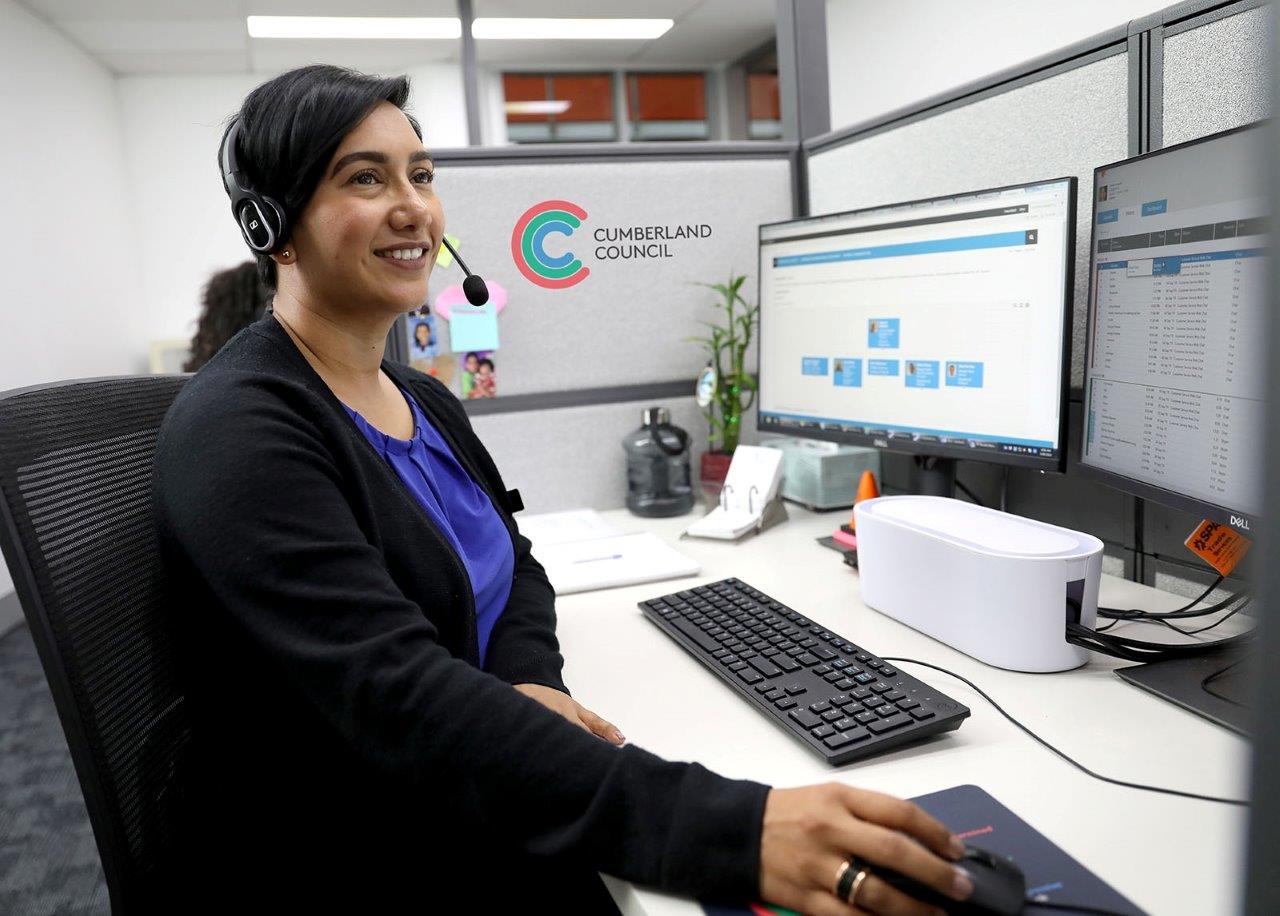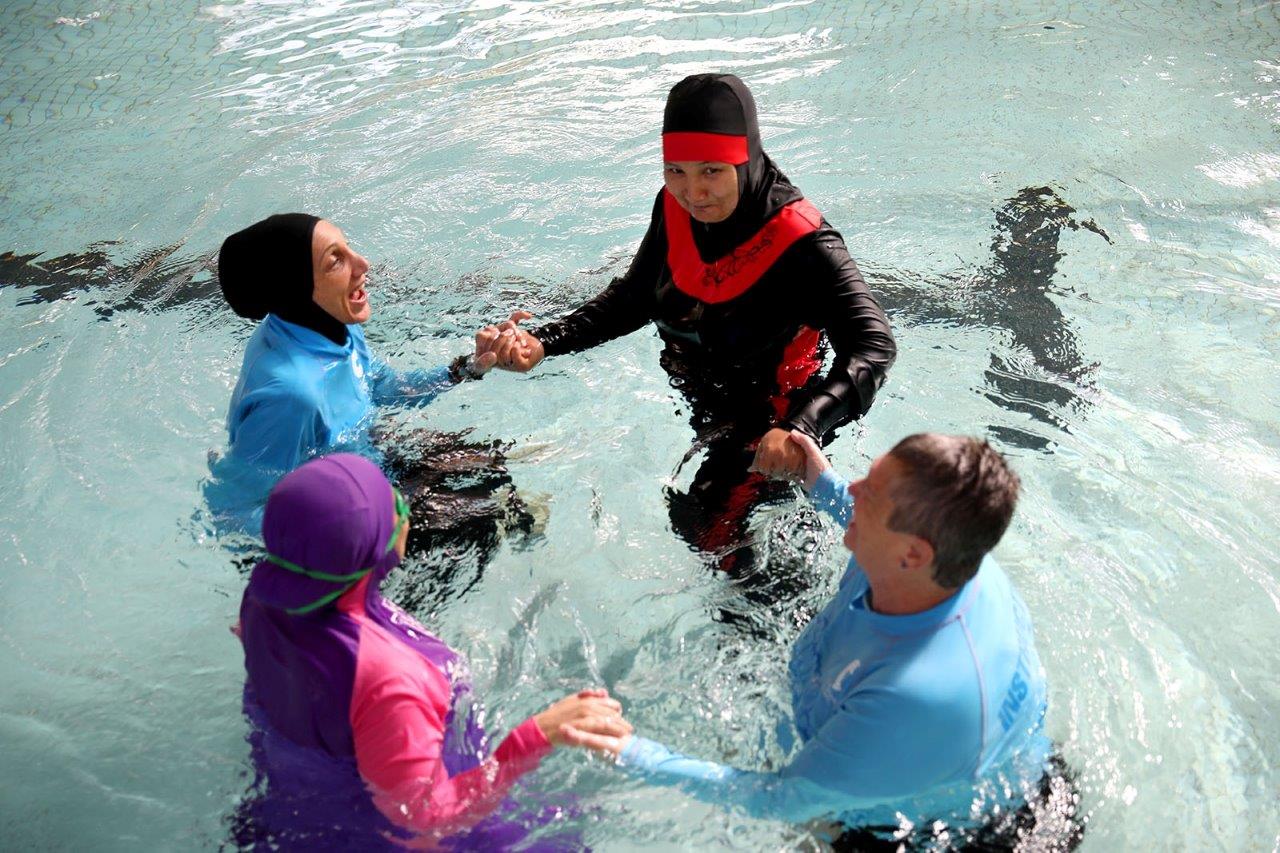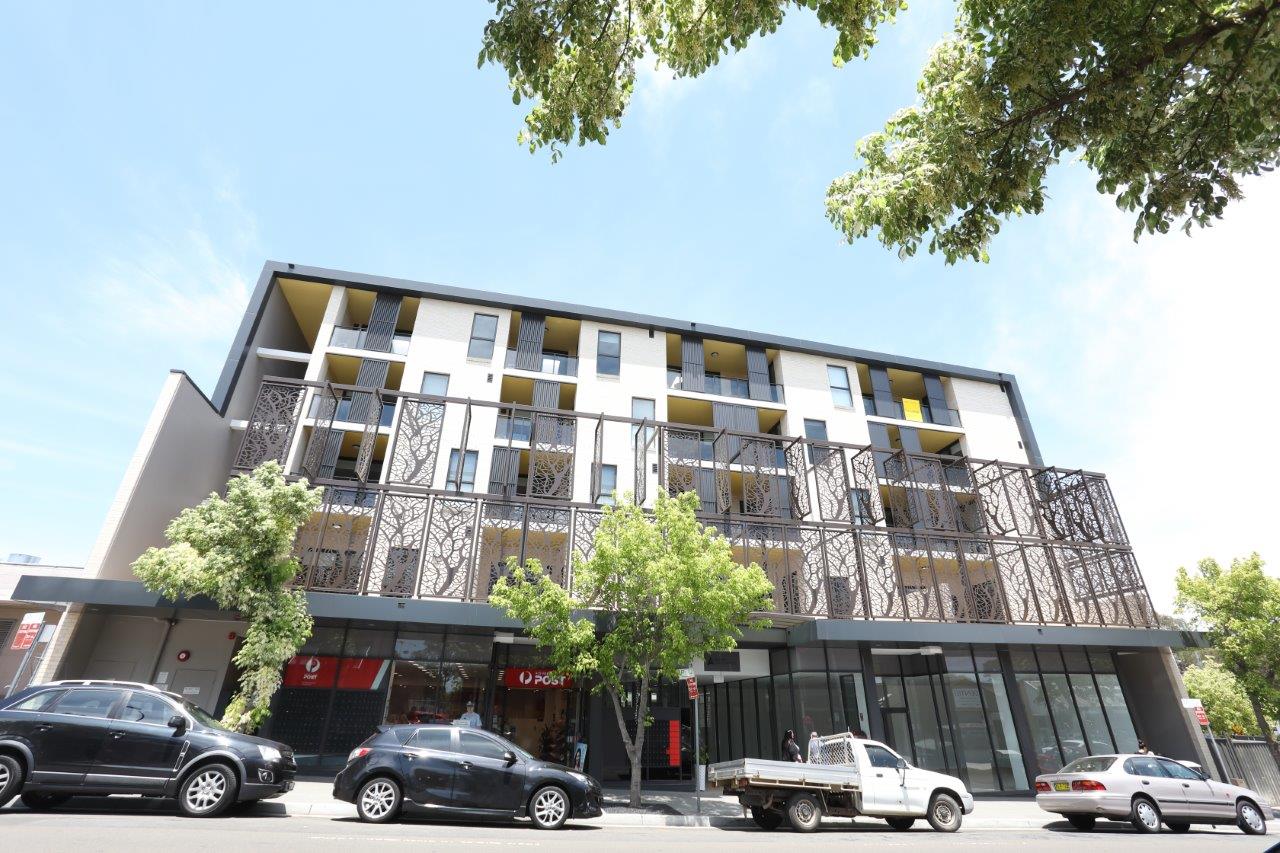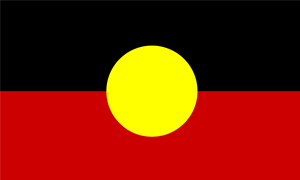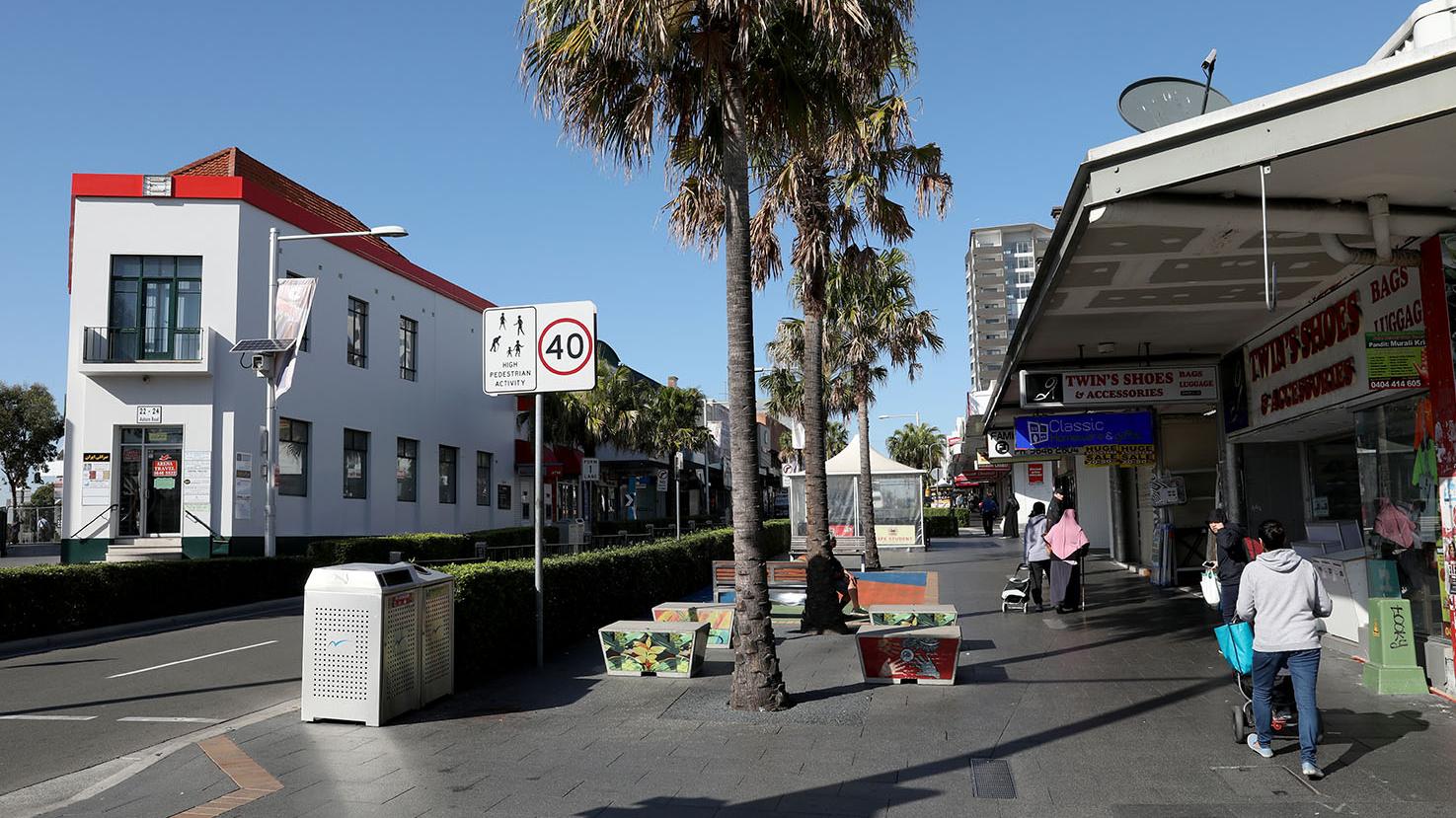
What is the Cumberland Local Planning Panel (CLPP)
From 1 March 2018, Local Planning Panel (LPP) under the Environmental Planning and Assessment Act (EP&A Act), became mandatory for all Greater Sydney Councils. The panel replaces the Council in determining development applications that exceed staff delegation and provide advice on planning proposals.
The Cumberland Local Planning Panel (CLPP) is a panel comprising of a pool of independent experts in law, urban design and planning as well as a community representative.
Panel members
The CLPP meetings generally comprise of four members:
- a chairperson,
- two independent experts, and
- a community representative.
The Panels are governed by a code of conduct and operational procedures that will ensure the proper conduct of members, procedural fairness and efficient and effective meetings.
The Cumberland Local Planning Panel members are listed as follows:
|
Chairperson: |
Michael Leavey |
|
Alternate Chairperson: |
Heather Gwen Warton |
|
Alternate Chairperson: |
Michael File |
|
Expert Member |
Angus Gordon |
|
Expert Member: |
Anthony Hudson |
|
Expert Member: |
David Milliken |
|
Expert Member: |
Dennis Loether |
|
Expert Member: |
Garry Chapman |
|
Expert Member: |
Graham Brown |
|
Expert Member: |
Heather Irish |
|
Expert Member: |
Helen Deegan |
|
Expert Member: |
Kerry Kyriacou |
|
Expert Member: |
Kevin Hoffman |
|
Expert Member: |
Linda Kelly |
|
Expert Member: |
Naomi Fiegel |
|
Expert Member: |
Stephen McMahon |
|
Expert Member: |
Sue Weatherley |
|
Expert Member: |
Wayne Carter |
|
Community Representative: |
Firas Shawash |
|
Community Representative: |
Gregg Ritchie |
|
Community Representative: |
Mehmet Cobanoglu |
|
Community Representative: |
Michael Northey |
|
Community Representative: |
Yakubislam Comert |
|
Community Representative: |
Nalinie Aieyelananthan |
|
Community Representative: |
Robert Herlinger |
|
Community Representative: |
Vasanthan Kandiah |
|
Community Representative: |
Virginia Sinclair |
When and where are meetings held?
The CLPP meetings are generally held on Wednesday of each calendar month.
Currently the meetings are held electronically in accordance with the NSW Health Requirements.
The meetings are also live streamed on the Council’s website to allow the community to view proceedings via the website.
Deliberations of the Panel are carried out in closed session following the public meetings.
The Agenda and Minutes of the meeting are available and published on Council’s website.
How is the CLPP different to the current development application process?
Under the CLPP, Councillors will no longer decide the outcome of these applications, instead they are referred to the CLPP for consideration and determination.
How is the CLPP different to the current planning proposal process?
All Planning Proposals where considered by Council and determined by the State Government. Under the CLPP, Councillors will be better informed having an independent body review and make a recommendation on these important strategic documents.
Who can attend CLPP meetings?
All members of our community are welcome to attend
How can I address a CLPP meeting?
Any person may register to address the items listed on a CLPP Agenda.
If you wish to address the Panel regarding an item on the agenda, you must first register by either email council@cumberland.nsw.gov.au or completing a Registration to address the Panel form (PDF, 116KB) and faxing it by 12 noon on the day prior to the meeting.
Persons who have registered will be invited to speak at the beginning of the item for a time limit of 3 minutes.
Types of development applications referred to the Panel?
- Conflict of Interest
Development for which the applicant or land owner is:
a. The Council
b. A Councillor
c. A member of council staff who is principally involved in the exercise of council’s functions under the Environmental Planning and Assessment Act 1979,
d. A member of Parliament
e. A relative of one of the above. - Contentious development.
Development that:
a. the subject of 10 or more submissions by way of objection (subject to Council officers delegation) - Departure from development standards.
Development that contravenes a development standard imposed by a planning instrument by more than 10% or non-numerical development standards. - Sensitive development:
a. Designated development
b. Development to which State Environmental Planning Policy No 65 – Design Quality of Residential Apartment Development applies
c. Development involving the demolition of a heritage item
d. Development for the purposes of new licenced premises that will require:
- a club licence or
- a hotel (general bar) licence or
- an on-premises licence for public entertainment venues
e. Development for the purpose of sex services premises and restricted premises
f. Development applications for which the developer has offered to enter into a planning agreement.
What type of planning proposals are referred to the Panel?
All strategic Planning Proposals shall be referred to the CLPP for a recommendation to Council.
The Agenda
The details of matters on the agenda are posted to this website and available to the public 5 days before the scheduled meeting.
Meeting Minutes
The Minutes of each meeting are posted to this website as soon as they are completed, usually on the day of the meeting. They are also included with the business paper for the next meeting.
